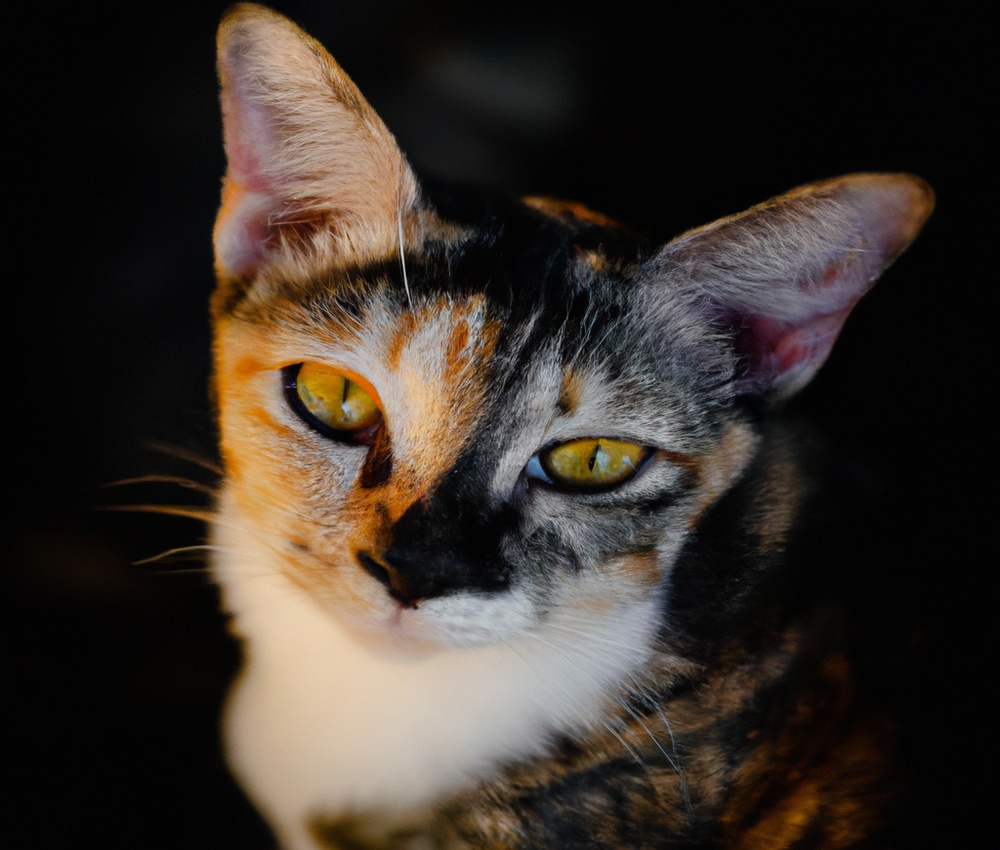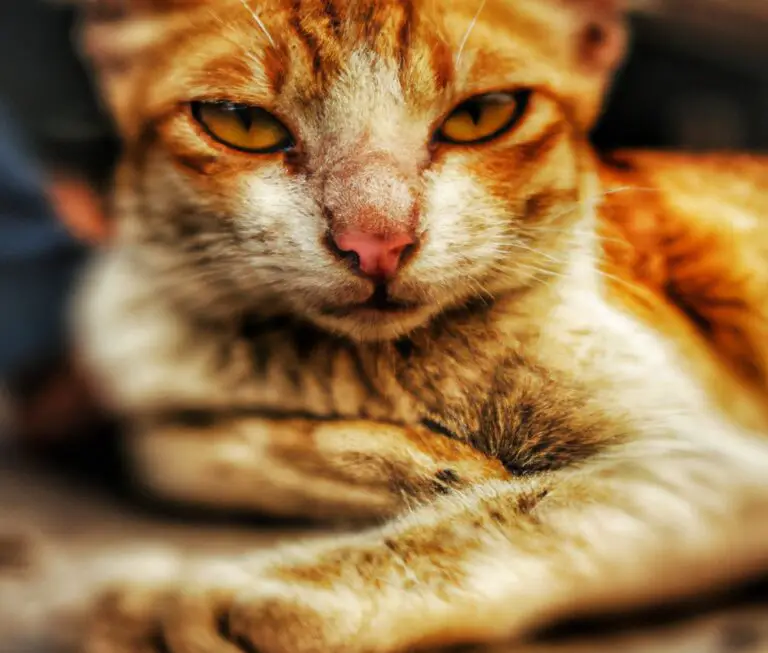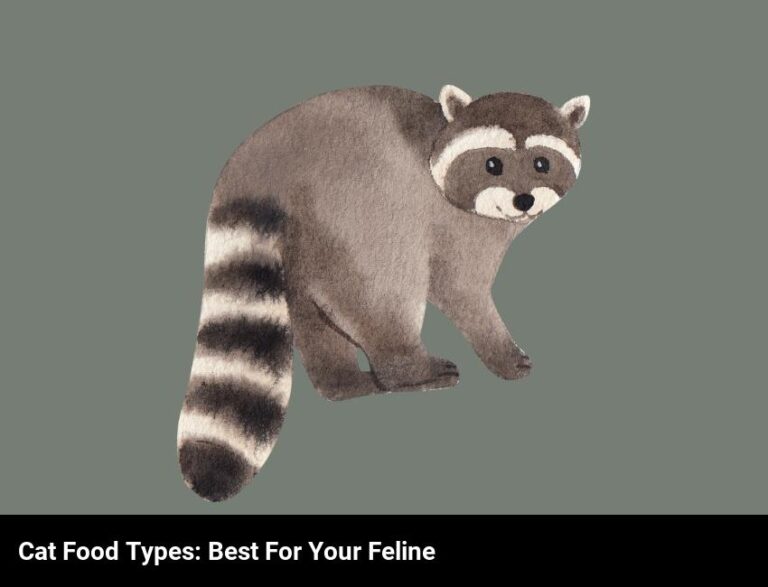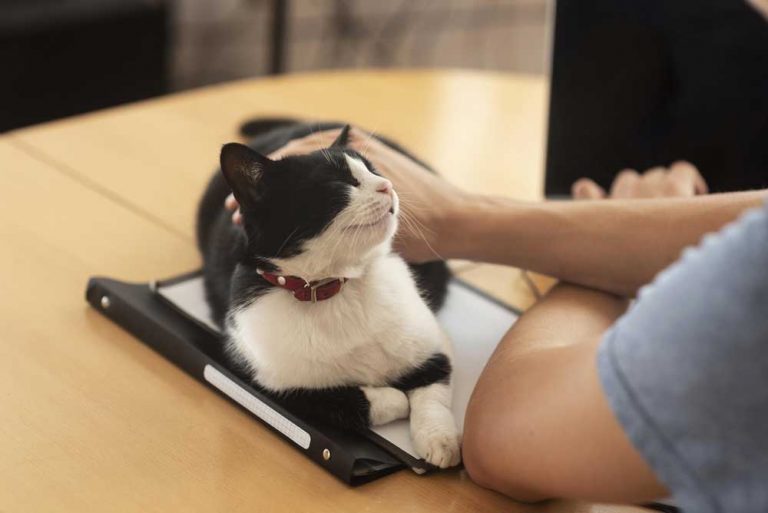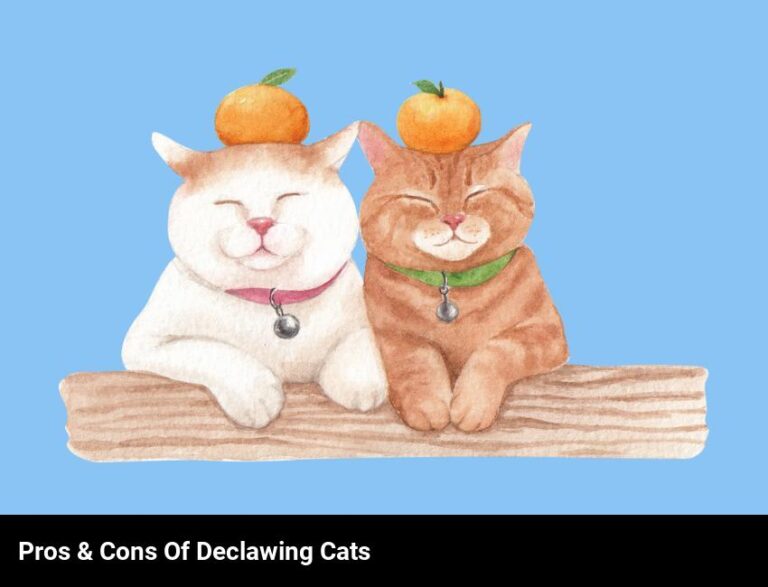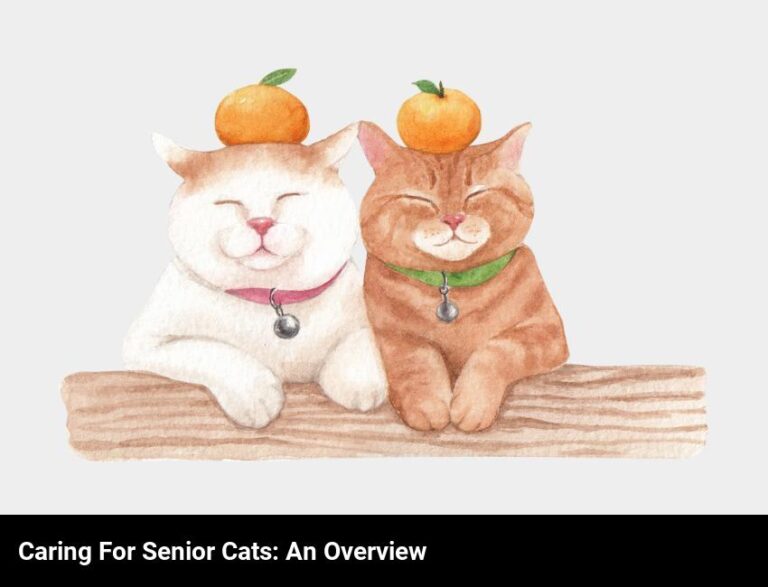Are Feral Cats Afraid Of Possums?
Key Takeaways:
- Feral cats are generally not afraid of possums and may even exhibit predatory behavior towards them.
- Possums, on the other hand, may try to avoid confrontations with feral cats due to their larger size and aggressive tendencies.
- Feral cats and possums may compete for resources such as food and shelter in urban areas.
- Both feral cats and possums can have negative impacts on the local ecosystem if their populations are not properly managed.
Do feral cats and possums cross paths in the great outdoors? If so, what happens when these two creatures come face-to-face?
As an animal lover and observer, I’ve often wondered about the dynamics between feral cats and possums.
Are feral cats afraid of possums? Do possums fear feral cats?
In this article, we’ll delve into the fascinating world of feline and marsupial interactions.
We’ll explore the factors that influence their behaviors, from size and predatory instincts to previous experiences and environmental factors. Join me on this enthralling journey as we uncover the truth about the coexistence of cats and possums.
| Feral Cats | Possums |
|---|---|
| Afraid of Possums | Not Afraid of Cats |
| May avoid areas with Possums | Pose no threat to Cats |
| Generally avoid confrontations | Non-aggressive towards Cats |
Understanding Feral Cats and Possums
Feral cats and possums are both creatures that can be found in many parts of the world.
What are Feral Cats?
Feral cats are domesticated cats that have reverted to a wild state. They are not socialized to humans and tend to live in colonies.
Feral cats are often born from stray or abandoned cats, and they have not been spayed or neutered.
They rely on their instincts for survival and may exhibit aggressive or defensive behavior. They can be found in urban, suburban, and rural areas, and their populations can quickly grow if not managed.
Feral cats pose a threat to native wildlife and can spread diseases to other animals.
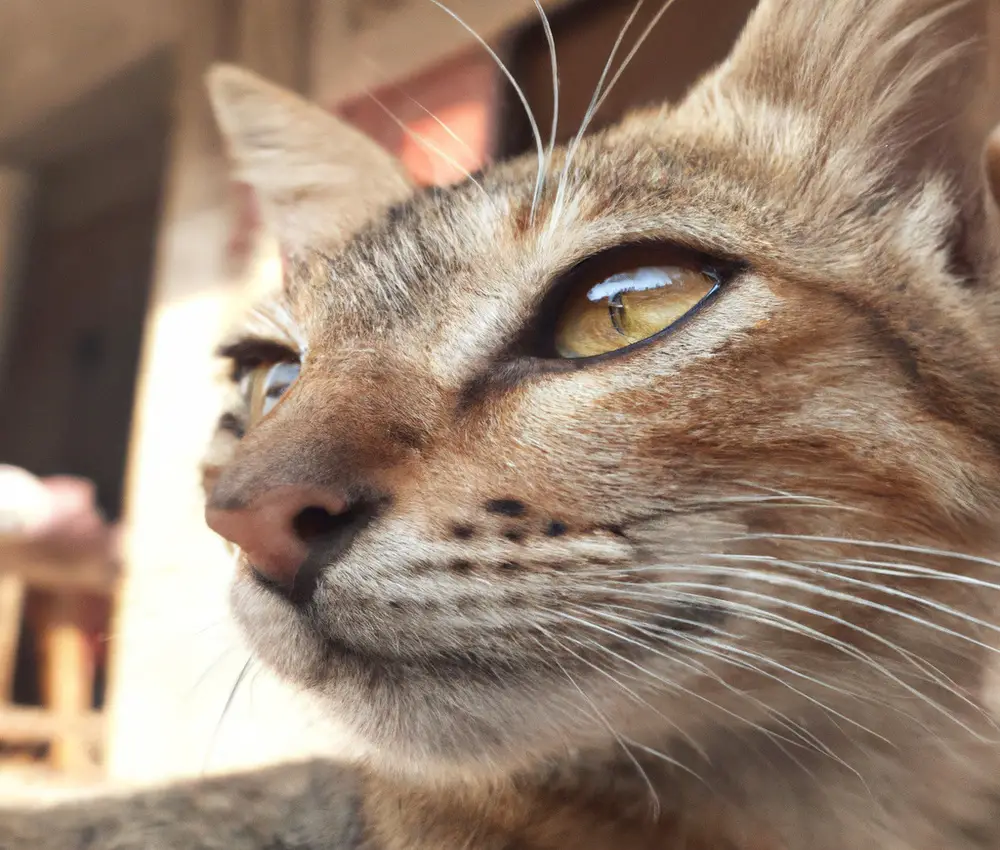
What are Possums?
Possums are small to medium-sized marsupials found in various parts of the world, including Australia and North America.
They have furry tails, sharp claws, and a pointed snout.
Possums are known for their ability to climb trees and hang upside down by their tails.
They are omnivorous, meaning they eat both plants and animals.
Possums are solitary creatures and are most active during the night.
They have a unique defense mechanism called “playing possum,” where they pretend to be dead when threatened.
Possums are beneficial to the environment as they help control insect populations and spread seeds.
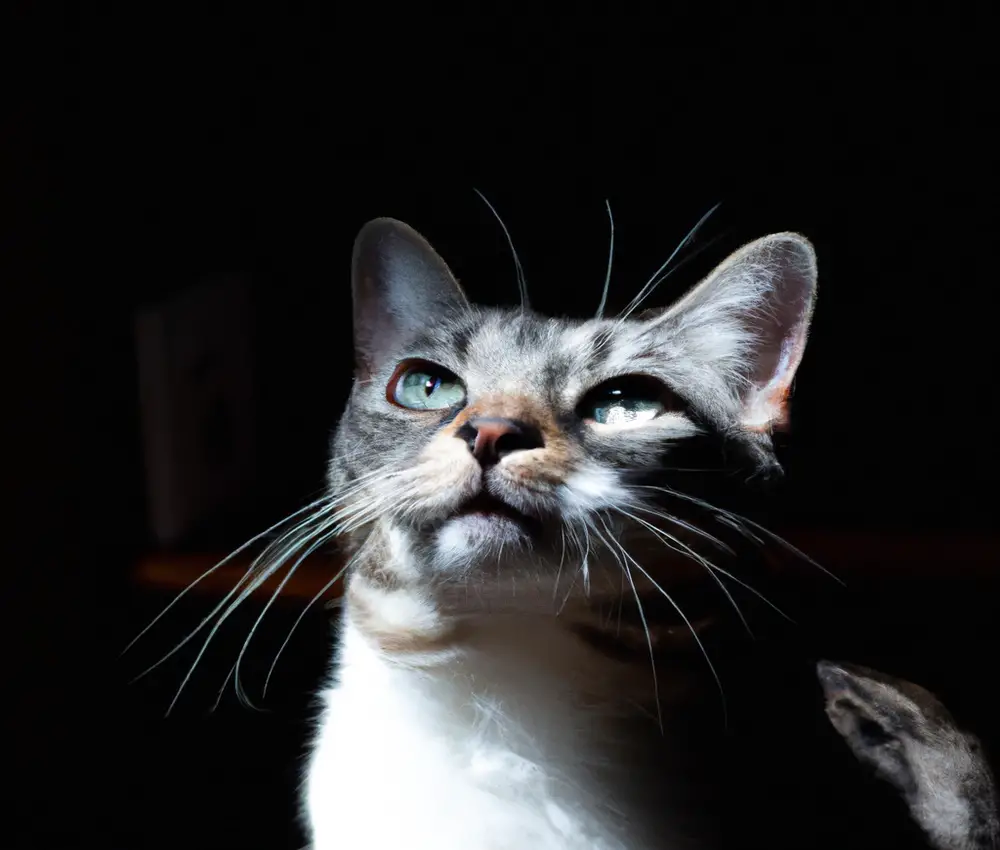
Coexistence and Interactions
Feral cats and possums can coexist in the same habitat and have interactions with each other.
These interactions can vary from avoidance and indifference to occasional conflicts.
Do Feral Cats and Possums Interact?
Do feral cats and possums interact? Yes, they do.
Feral cats and possums may have encounters in outdoor environments, such as in neighborhoods, parks, and forests.
While they are both nocturnal animals, their interactions vary. Some feral cats may exhibit territorial behavior towards possums, while others may avoid them.
It’s essential to note that individual behaviors can differ, and interactions may depend on factors like size, hierarchy, and the availability of resources.
Are Feral Cats Afraid of Possums?
Are feral cats afraid of possums?
Yes, in general, feral cats are not afraid of possums.
Feral cats are known to be territorial and may see possums as intruders.
They may hiss, growl, or even engage in physical confrontations with possums.
However, it’s important to note that individual cat and possum behaviors can vary.
Some cats may be more timid or unfamiliar with possums, while others may be more assertive.
It’s best to prioritize the safety of both animals and provide separate spaces if they seem to be in conflict.
Do Possums Fear Feral Cats?
Possums are generally not afraid of feral cats.
While possums may try to avoid confrontations with larger predators, they have been known to stand their ground or bluff their way out of danger.
In some instances, possums may even try to intimidate cats by hissing or growling.
However, it’s important to remember that individual possums and cats may have different behaviors, so caution should still be exercised when introducing them to each other.
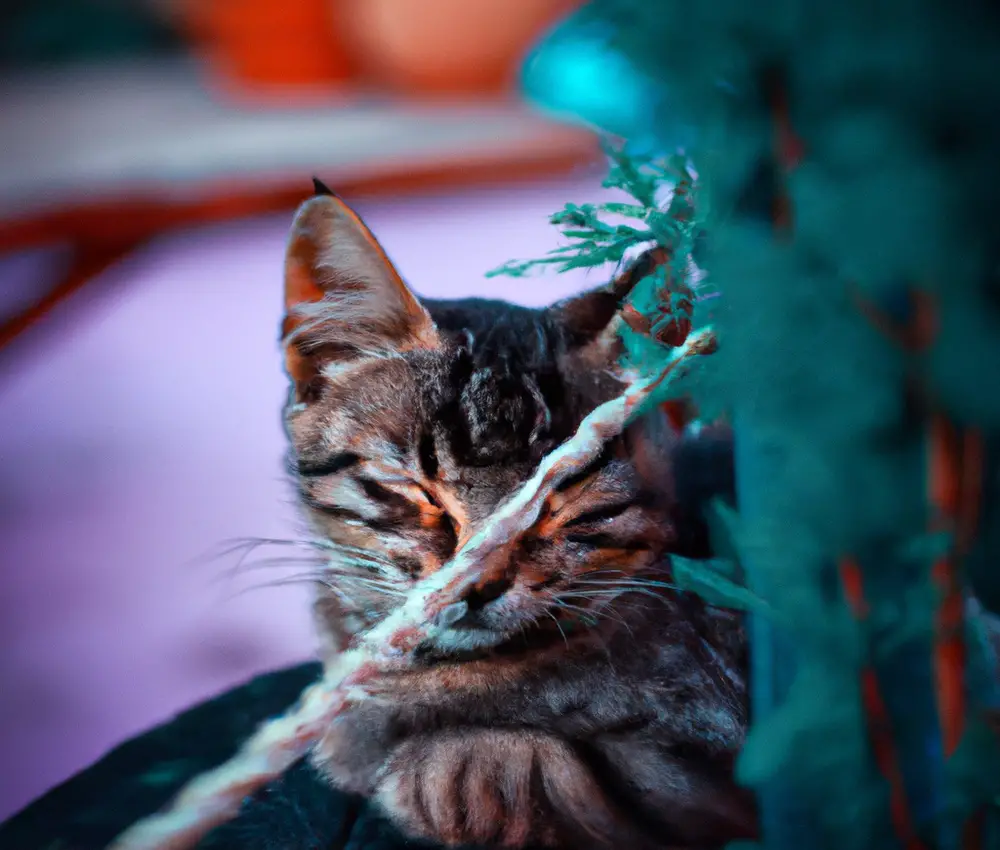
Factors Influencing Fear
Factors that can influence fear include size and predatory behavior, previous experiences and conditioning, and environmental factors.
Size and Predatory Behavior
Size and predatory behavior are two important factors that can influence fear in feral cats. Firstly, let’s talk about size.
Possums are generally larger than feral cats, which can make cats feel intimidated and fearful.
The size difference may also indicate to cats that possums could potentially be a threat or competitor for resources. Secondly, predatory behavior plays a role in fear.
Cats are instinctively wary of animals that exhibit aggressive or predatory behavior.
Possums, although typically not aggressive towards cats, can display defensive behavior when they feel threatened. This behavior can make cats fearful and cautious around possums.
To summarize, the size disparity and potential for defensive behavior in possums can contribute to fear in feral cats.
It’s important to understand these factors when considering the interactions between feral cats and possums.
Previous Experiences and Conditioning
Previous experiences and conditioning play a significant role in shaping an animal’s response to certain stimuli, including fear.
Feral cats, for example, may develop fear towards possums based on negative encounters or learned associations.
If a cat had a previous experience where a possum posed a threat or resulted in harm, it may develop fear towards possums.
Additionally, conditioning, such as witnessing other cats showing fear or being terrified by possums, can also influence a feral cat’s fear response.
These previous experiences and conditioning can shape an animal’s perception of possums and contribute to their fear response.
Environmental Factors
Environmental Factors play a significant role in influencing the fear levels of feral cats towards possums.
The following factors can impact their fear response:
- Size and behavior: The size of the possum and its behavior towards the feral cat can trigger fear. A larger possum that exhibits aggressive behavior may intimidate the cat more, leading to heightened fear.
- Habitat and territory: Feral cats are generally more comfortable in their familiar territories. If they encounter possums in their established habitats, they may perceive them as intruders, increasing their fear response.
- Availability of resources: Competition for food and shelter can also influence fear levels. If resources are scarce and the feral cat perceives the possum as a threat to its survival, it may exhibit heightened fear.
- Previous experiences: Past encounters with possums can shape a feral cat’s fear response. If the cat had negative experiences, such as being attacked or threatened by possums, it is more likely to be afraid of them in the future.
- Environmental changes and disturbances: Any sudden changes or disturbances in the environment, such as loud noises or unusual smells, can trigger fear responses in feral cats towards possums.
Understanding these environmental factors can help us develop strategies to manage and mitigate fear in feral cats, enabling us to foster better coexistence between feral cats and possums in shared habitats.
Mutual Avoidance or Aggression
Feral cats and possums tend to mutually avoid each other rather than engage in aggressive behavior.
Natural Instincts of Feral Cats
Feral cats have unique natural instincts that help them survive in the wild.
They are skilled hunters and have excellent night vision, allowing them to stalk and catch prey.
Feral cats also have a strong sense of territoriality, marking their territory with scent and defending it from intruders.
They are cautious and elusive, often avoiding larger predators to protect themselves.
Additionally, feral cats are good climbers and can escape danger by climbing trees or fences.
These instincts play a vital role in their survival in the wild.
Defense Mechanisms of Possums
Possums have developed several effective defense mechanisms to protect themselves from predators.
When threatened, possums have the ability to play dead, also known as “playing possum.” They go limp, stick out their tongues, and emit a foul-smelling odor to repel predators.
Additionally, possums are skilled climbers and can escape from danger by climbing up trees.
They also have sharp teeth and claws that they can use to defend themselves if necessary.
These defense mechanisms help possums survive in their natural habitats.
Creating a Harmonious Environment
Creating a harmonious environment involves providing shelter, food, and water for both feral cats and possums.
Ensure Sufficient Food and Water Sources
To ensure sufficient food and water sources for feral cats, here are a few suggestions:
- Set up feeding stations: Place food and water in easily accessible locations to encourage the cats to visit regularly and ensure they have a reliable food source.
- Use automatic feeders: Consider using automatic feeders that dispense food at set intervals. This can help maintain a consistent feeding schedule, especially if you are unable to feed them personally every day.
- Provide fresh water: Cats need fresh water daily. Ensure there is a clean water source available, such as a dish or a small water fountain, in a shaded area to prevent evaporation and keep it cool.
- Regularly inspect and replenish: Check the feeding stations and water sources regularly to ensure they are clean, pest-free, and well-stocked. This will help attract the cats and ensure they always have access to food and water.
Remember, feral cats rely on us for their survival, so providing them with sufficient food and water sources is crucial in creating a harmonious environment for both the cats and the community.
Eliminate Competition and Provide Separate Areas
Eliminating competition and providing separate areas for feral cats and possums is essential for creating a harmonious environment.
To achieve this, I suggest the following strategies:
- Separate feeding stations: Provide food and water in different locations to prevent cats and possums from competing for resources.
- Secure hiding places: Create separate hiding spots, such as bushes or wooden boxes, for both species. This allows them to feel safe and reduces potential conflicts.
- Install barriers: Use physical barriers, like fences or mesh, to separate the areas where cats and possums reside. This helps maintain territorial boundaries and minimizes face-to-face encounters.
- Different nesting options: Offer distinct nesting options for both cats and possums. This ensures they can have their own spaces and minimize any potential confrontations.
Remember, each situation may vary, so it’s crucial to assess the needs of your specific environment and adapt these strategies accordingly.
Frequently Asked Questions
What if a Feral Cat and Possum Come Face-to-Face?
When a feral cat and a possum come face-to-face, it’s important to remember that each animal may react differently.
Some feral cats may be afraid of possums due to their size and aggressive nature, while others may not be bothered.
Similarly, possums may be wary of cats or they may stand their ground.
It’s crucial to give them space and not intervene unless necessary.
If you’re concerned about their safety, it’s best to contact local animal control or wildlife authorities for assistance.
Can Feral Cats and Possums Live Together?
Can feral cats and possums live together?
While it is technically possible for feral cats and possums to coexist, it is not always an ideal situation.
Feral cats are territorial and may see possums as competition for resources.
Additionally, possums can carry diseases that can be harmful to cats.
It is important to remember that each situation is unique, and monitoring their interactions is crucial.
If any aggression or potential danger is observed, it is best to separate them for their safety.
How to Deter Possums from Feral Cat Feeding Areas?
To deter possums from feral cat feeding areas, there are a few effective methods you can try:
- Secure the feeding area: Make sure the cat food is placed in a secure container or elevated feeding station that possums can’t access. This will help prevent them from being attracted to the area.
- Remove potential food sources: Possums are often drawn to areas with easy access to food. Eliminate any other potential food sources, such as garbage cans or uncovered compost piles, to discourage them from lingering around the feeding area.
- Install motion-activated deterrents: Consider installing motion-activated sprinklers or lights near the feeding area. These will startle possums and discourage them from approaching.
- Create physical barriers: Use wire mesh or fencing around the feeding area to create a barrier that possums can’t breach. Ensure it extends underground to prevent them from digging underneath.
Remember, it’s important to utilize humane methods to deter possums. By taking these steps, you can help protect the feral cat feeding areas from possums without causing harm to either species.
Final Verdict
Feral cats and possums have the potential to coexist peacefully in the same environment.
While there may be some interactions between the two species, it is unlikely that feral cats are inherently afraid of possums.
Factors like size, predatory behavior, previous experiences, and environmental conditions can influence their fear levels.
It is important to create a harmonious environment by providing adequate shelter, sufficient food and water sources, and eliminating competition.
Overall, with proper management and understanding, feral cats and possums can peacefully share space and resources.

